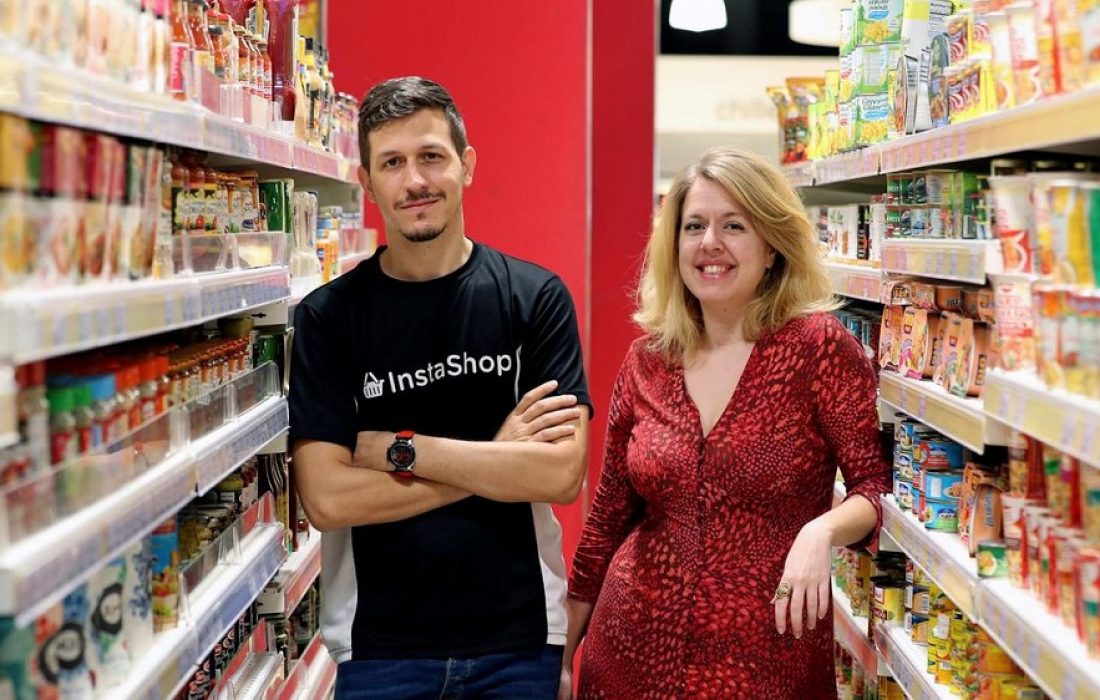In the Middle East, having a bank account is considered a privilege. Only 43.5% of the regional population have an active bank account and the main reason behind this financial exclusion is essentially lack of resources to open an account, according to this World Bank paper.
The world we live in is overly personalized. You can literally customize everything, thanks to service providers like Netflix, Spotify, and Amazon. But you still cannot tailor bank products according to your resources and lifestyle.
For many, Open Banking technology could be a powerful tool for financial inclusion. The only problem is that these solutions are more likely to be a slow burn than a quick fix.
Abdalla Almoayed, Founder, Tarabut Gateway
Based out of Bahrain, Tarabut Gateway (TG) is an open banking platform that consolidates financial information into a single API (Application Programing Interface), providing access to customer’s entire financial profile. They then analyze the financial information to recognize customers’ needs. That way they’re able to distribute financial services more effectively, delivering a better customer outcome and new revenue stream for financial service providers.
In plain English, customers will relate more to their bank accounts and the features their banks offer. In the meantime, banks will have better customer retention rates.
TG’s founder Abdalla Almoayed explains that financial inclusion means both access to financial products and usage; using the bank account to make transfers rather than merely withdrawing funds once a month. “There is significant evidence that Open Banking can increase banking activity,” Almoayed says. “Indeed, by providing access to transaction data and enabling low-value payments, Open Banking can help foster innovation by addressing the underbanked and stimulating the competition to reach new markets and more users.”
Open Banking Around the World
The concept of Open Banking was first adopted by the European Parliament in October 2015. Not so many people were happy about it, especially the UK’s Financial Inclusion Centre, whose founder Mick McAteer raised concerns that only the tech-savvy will benefit. McAteer described Open Banking as “a daft idea”, which will lead to more financial exclusion for those on low incomes.
However, Almoayed begs to differ. He argues that Open Banking enables innovative third party providers to develop new services targeting the underbanked, building credit capacity, and offering legitimate alternatives to loan sharks and other malicious financial practices that target the poor.
On the other hand, financial institutions have also been watching Open Banking from afar as a threat that will negatively impact their business. “In reality, it’s an opportunity for banks to evolve digitally,” explains the founder. “With new technology, banks will be able to better access and mine the data they already own to create personalized services their customers want, but presently often turn to non-traditional financial institutions for, like financial service apps and online portals.
“Ultimately, Open Banking will hasten the financial data revolution, and this will benefit banks, in the long run.”
Abdalla Almoayed, Founder, Tarabut gateway
Today, there are 202 regulated financial institutions enrolled in Open Banking in the UK, with adoption surpassing 1 million customer mark as of January 2020. Other countries like Australia and Nigeria also followed suit.
Other than the moral concerns raised by McAteer, there are also security concerns. But Tarabut Gateway’s founder argues that Open Banking is essentially as secure as one’s online banking.
The Open Banking API endpoints have been put through extensive testing by both the banks and several authorized and regulated third-parties like Tarabut Gateway. The APIs themselves provide a highly secure way to transfer data.
Tarabut’s Journey in the Middle East
Tarabut Gateway is licensed by the Central Bank of Bahrain and therefore has been fully operating, helping all banks of Bahrain to enrol in Open Banking. It has now also ventured in the UAE, and will soon operate in Saudi Arabia and Kuwait.
“During our journey, the many challenges we faced were not only attributed to the reluctance [of financial institutions] in integrating their APIs to ours but more so towards their outdated legacy infrastructure,” says Almoayed. They found every bank implementing Open Banking in a completely different way, with most of them adhering to different standards from several Open Banking models across the world; which significantly compromises customer experience.
After two years of foundation, Tarabut Gateway is now witnessing the awareness around Open Banking growing. Banks and regulators are also starting to recognize the importance of standardization. Will we be seeing more Open Banking platforms in the Middle East?
If you see something out of place or would like to contribute to this story, check out our Ethics and Policy section.














